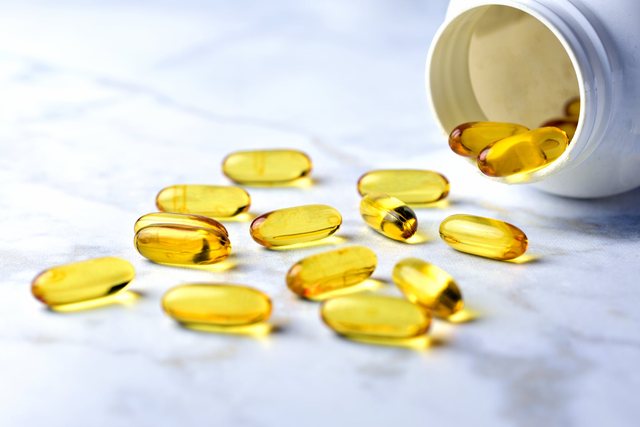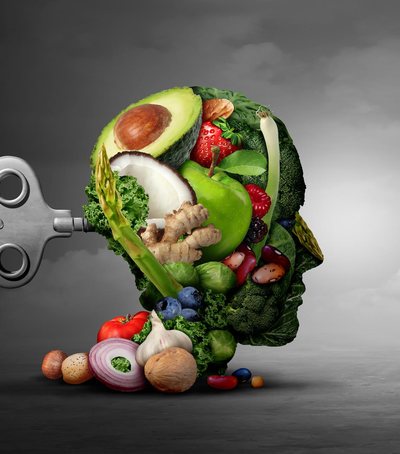
Vitamin D plays a key role in building strong bones and generally maintaining good health. For most adults, the recommended daily intake is 15 mcg (600 IU), which you can get from sun exposure and through certain foods. However, some people may need additional supplements in order to avoid the symptoms of vitamin D deficiency, including fatigue, bone pain, muscle aches, and mood swings.
But if you want to make sure that vitamin D is sufficiently absorbed by the body, you also need to know something: does it matter when you take it?
In general, it is best to take vitamin D with your most complete meal of the day, which is usually lunch, says Kristin Gillespie, MS, nutrition consultant. This is because vitamin D is fat-soluble, which improves supplement absorption. A recent study found that absorption of vitamin D was 32 percent higher when paired with a high-fat meal. Specifically, participants ate a meal rich in unsaturated fats, which can be found in foods like almonds, avocados, chia seeds and olive oil.
Gillespie, too, suggests taking vitamin D and other fat-soluble supplements, such as vitamins A, E and K, separately. Fat-soluble vitamins can reduce the absorption of other soluble vitamins when taken concomitantly because they "compete" for the same receptors.
Remember, if you ever worry if you are getting an adequate balance of nutrients, talk to your doctor. He can check your vitamin D levels with a simple blood test and help you make any necessary changes to your diet, including supplementation, if needed.





